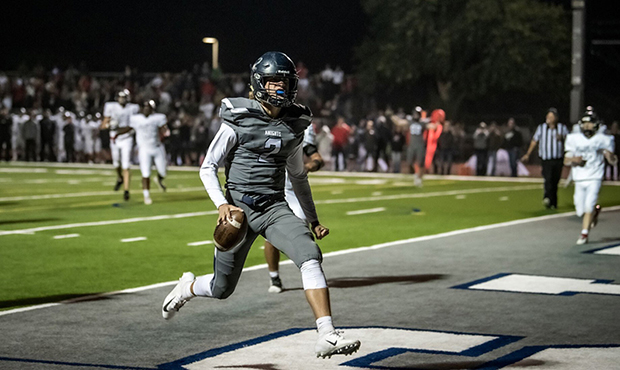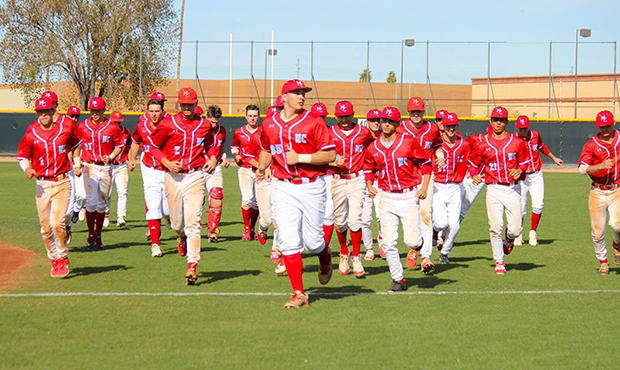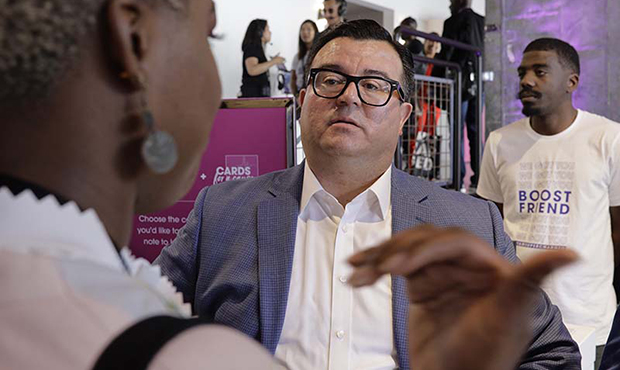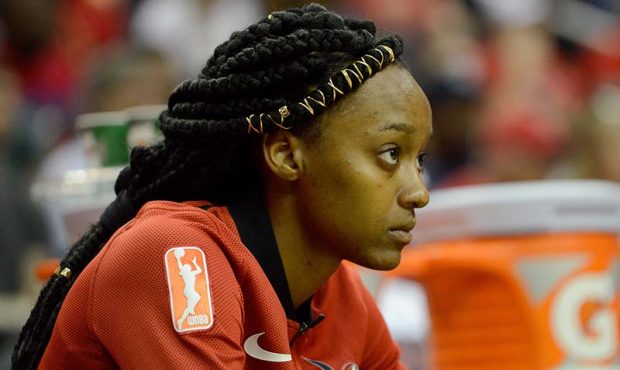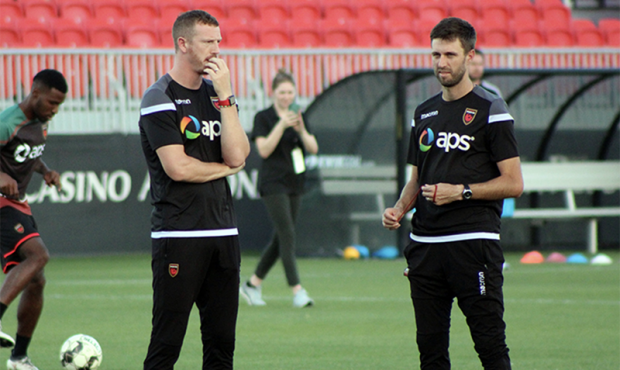Phoenix Suns rookie Josh Jackson figuring it out in 2018
Mar 28, 2018, 7:29 PM
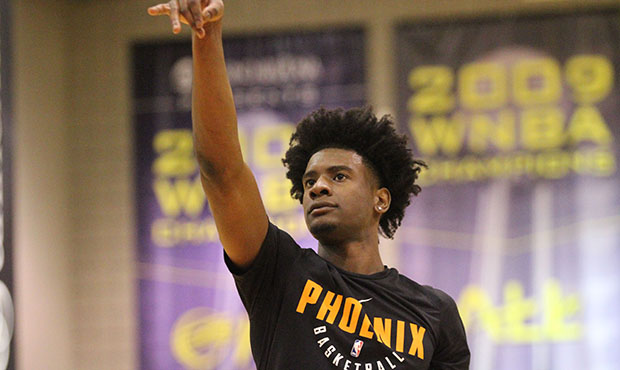
Suns’ forward Josh Jackson practicing free throws at practice on January 12, 2018. (Photo by Tyler Strachan/Cronkite News)
(Photo by Tyler Strachan/Cronkite News)
PHOENIX — Halfway into the season, Phoenix Suns forward Josh Jackson was in the midst of a rough rookie year. The fourth overall pick in the 2017 NBA Draft was arguably the worst performing player out of the top five selected in his rookie class.
A first half plagued by rushed shots, missed defensive assignments and general recklessness with the ball led to coach Jay Triano deactivating Jackson for a January 2 game against the Atlanta Hawks.
Jackson finished 2017 shooting 37.8 percent from the field, 23.9 percent from three-point range and 56.4 from the free-throw line.
Since the new calendar year started, Jackson has been shooting 44.4 percent from the field, 27.7 percent from three and 67.4 percent from the free-throw line.
It isn’t a night-and-day difference, but the inauspicious start to Jackson’s career does seem to suggest that it was darkest just before the dawn.
Triano said Jackson approached him around that time and asked if they could review film together, and Triano obliged.
“I don’t know if that was the one, pivotal moment,” Triano said. “With young players you can get caught up in when they have two good games. I would say that by the end of January I thought (Jackson) was on the right track.”
Triano said Jackson has remained on that track through February and March, as well.
Although Jackson has posted a much stronger second half of the season, he said he encountered the notorious ‘rookie wall’ as the All-Star break approached.
“I was really tired, and my body was hurting everyday,” Jackson said. “I was mentally fatigued, but I was able to come to work every day and talk to my veterans, Tyson (Chandler) and Jared (Dudley), and they gave me great advice.”
Jackson said the length of the season and travel schedule were especially tiring.
“Guys are keeping me motivated and you need people like that in your corner,” Jackson said. “(Celtics forward) Marcus Morris always told me I was going to get tired at one point. Even though you’re mentally fatigued, you still have a job to do.”
Dudley, an 11-year NBA veteran forward, said the first year is always the hardest for young players.
“You only play 35 to 40 games in college,” Dudley said. “Around January, especially if you do play a lot, which I did as a rookie, you definitely feel it. Around March and April you gain a second wind where you figure it out a little bit.”
Injuries to the Suns have led to increased minutes for Jackson in the second half of the season.
The Suns’ two leading scorers have missed double-digit games in 2018, with guard Devin Booker missing 11 and forward TJ Warren missing 10. Jackson’s workload as a ball-handler and scorer has gone up significantly.
“I think Booker’s absence has guaranteed him 35-plus minutes per game where he can work through his mistakes,” Dudley said. “When TJ Warren was in there averaging 20 points per game, it was hard for (Jackson) to get the minutes he needed to show what he could do.”
Dudley said he’s seen improvements in Jackson’s shot, ball-handling and aggressiveness.
“I just think that on fastbreaks he needs to mix and match when he passes to get the three-point guys involved,” Dudley said.
Jackson parroted Dudley’s assessment on his aggressiveness and occasional tunnel vision.
“I think I’ve been doing a lot better reading the defense,” Jackson said. “In the beginning of the year I was too fast-paced. I tried to force things too much, and took shots I shouldn’t have.”
“Now I can pick and choose my shots, and know when to pass to the open man. I think that’s been the biggest growth of mine — just reading the defense,” he added.
Although Jackson hasn’t played up to the level of top-tier rookies such as Philadelphia 76ers point guard Ben Simmons or Utah Jazz shooting guard Donovan Mitchell, teammates still see his progress as ahead of schedule.
“Josh is way ahead of the curve,” Dudley said. “To be a top-four pick and play as well as he is, it’s important to carry that confidence over to the summer. Usually you improve the most between Year 1 and Year 2 in the NBA, because that’s when you know exactly what you need to work on.”

